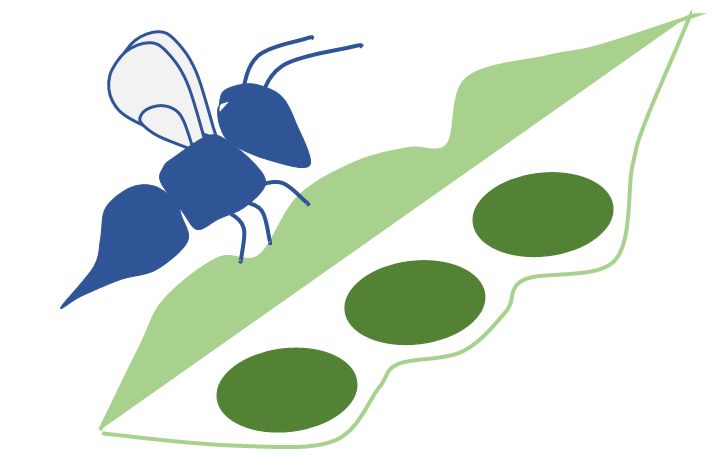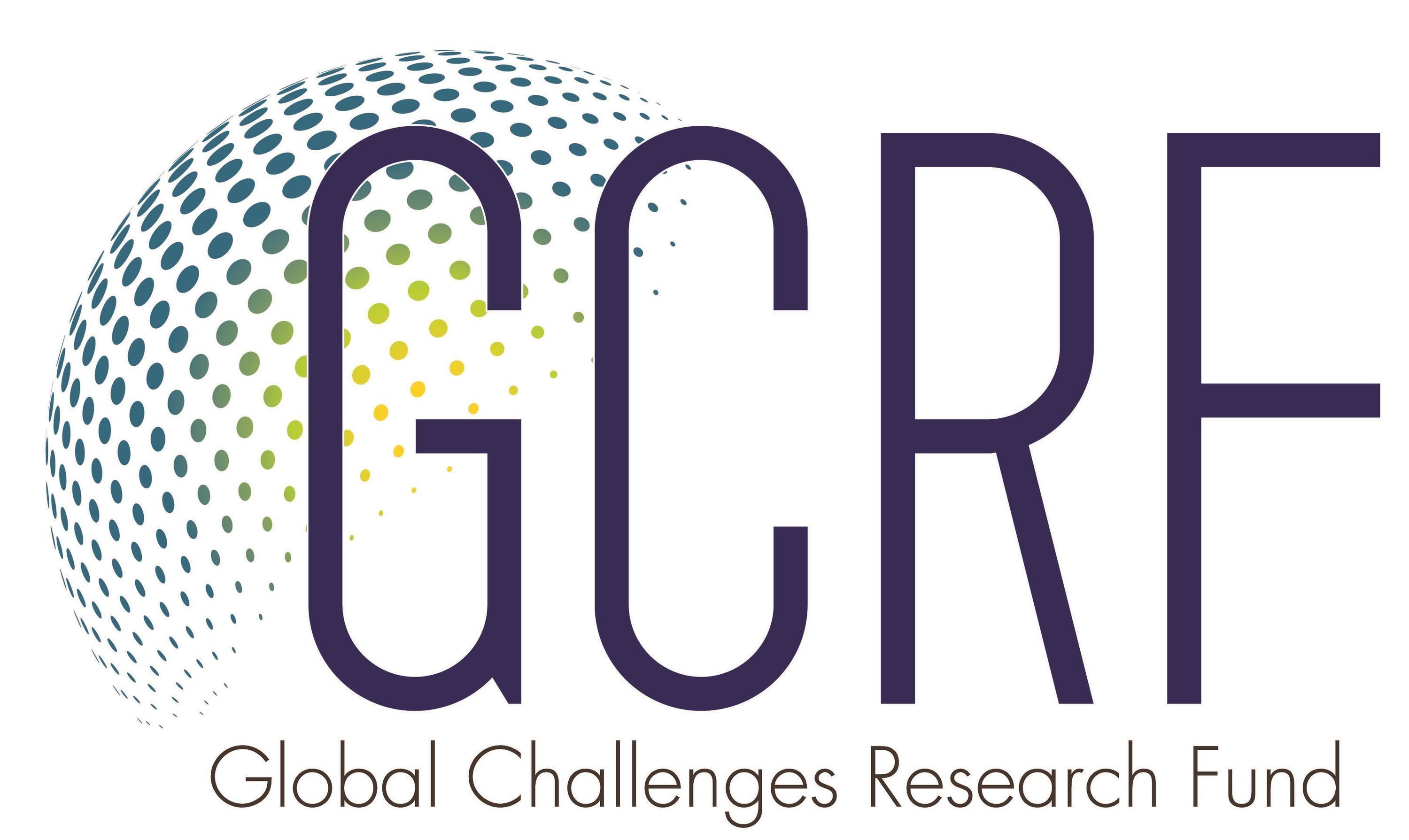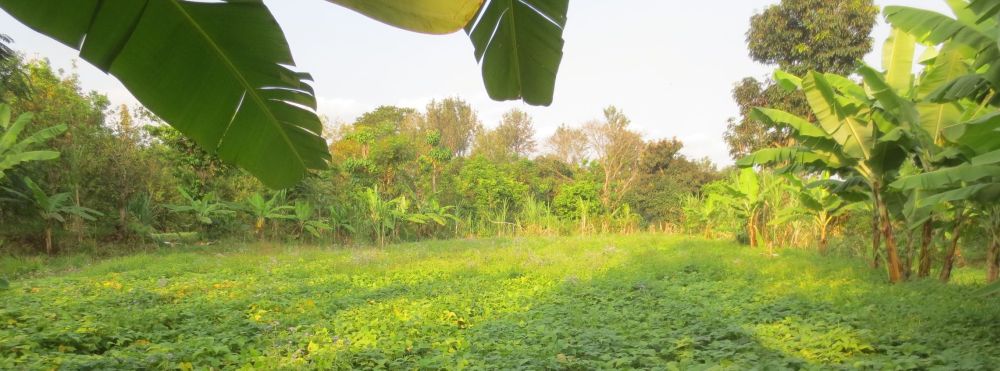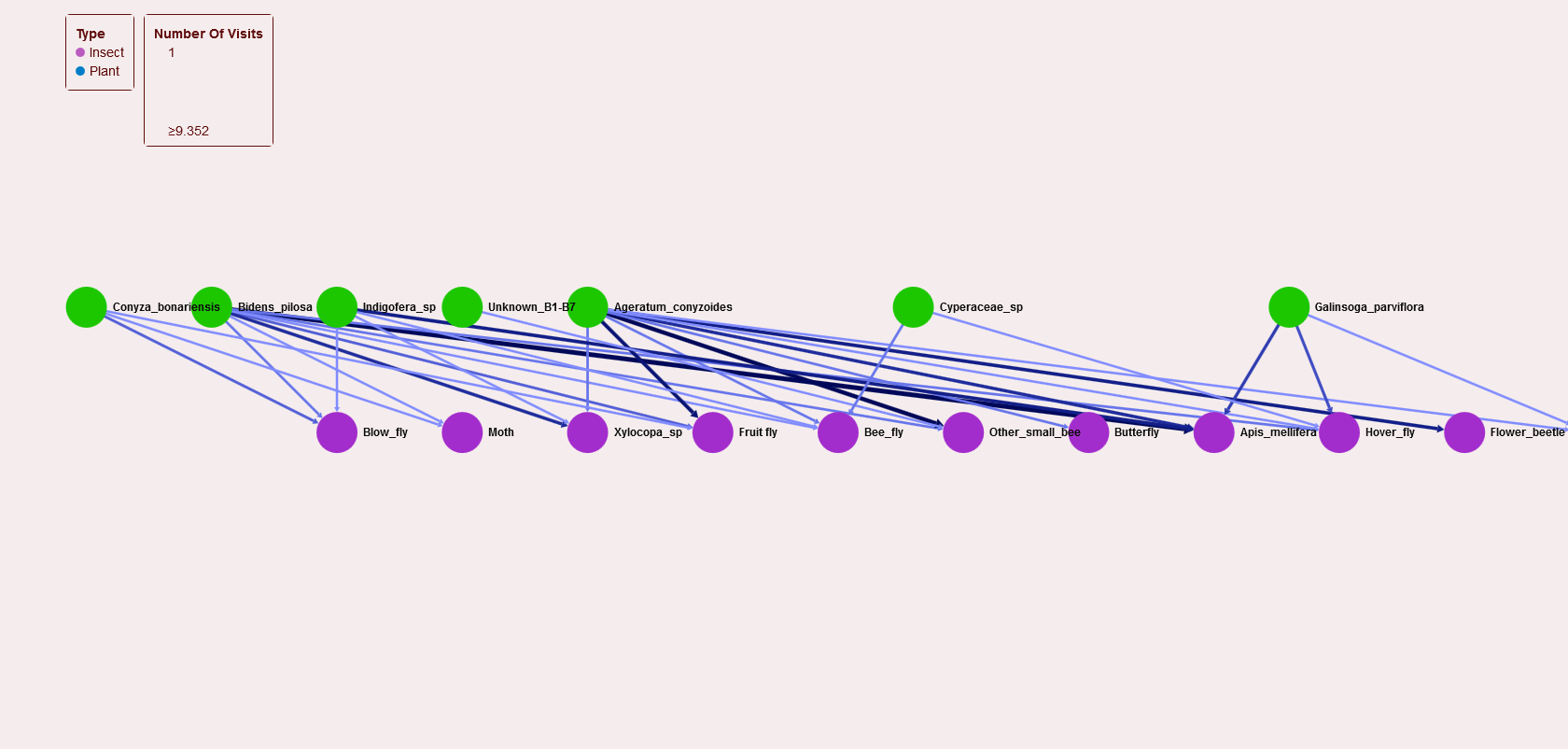Increasing world populations, diversification of diets and increasing food consumption per capita puts continuing pressure on land resources for agricultural production. There is a need to continue to produce enough food for all the people on earth, even in the face of climate change and changes in dietary preferences, but in a sustainable manner that supports essential ecosystems services such as pollination, soil health and natural pest control. Intensification must take place sensitivity, taking into account the needs of the plant and animal species underpinning ecosystems health.
Approaches can include field margin management (allowing them to grow longer, with more diverse plant species, which can act as food sources and refugia for beneficial insects), maintenance of uncultivated spaces, and specific provisions such as nesting areas for solitary bees, beetle banks and creation of specific habitats for other beneficial insects. Many of these approaches revolve around the concept of supporting enhanced invertebrate biodiversity.
The aim of our work is to improve sustainable long-term agricultural productivity in low and medium income countries (LMICs) and globally, to reduce poverty and improve food security. We seek to do this via ecological intensification approaches.
A part of our work also aims to improve knowledge and awareness of the importance of invertebrates in ecosystems. Some of our projects survey how people in different communities perceive and relate to invertebrates; others include educational activities to share knowledge about the benefits of supporting biodiversity on and around farms.
A pilot pollination network for one field, based on survey work conducted by Filemon Elisante. Generated using Polinode.





